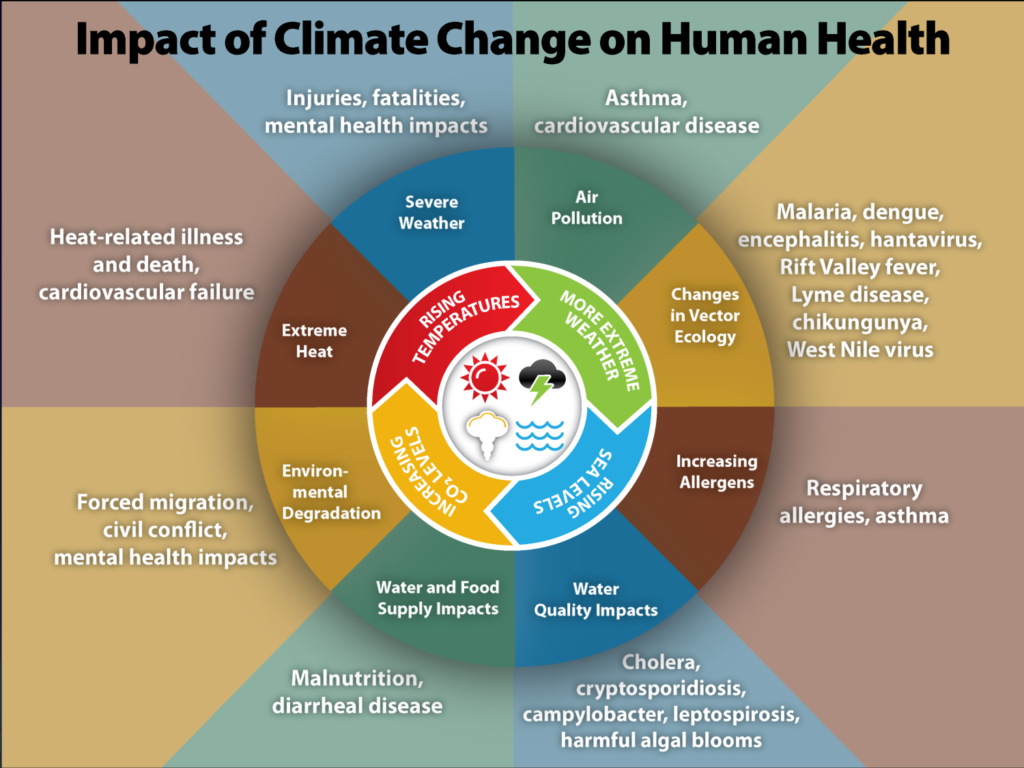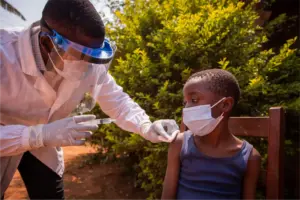
A new collection of papers in the Journal of Global Health reveals that climate change poses serious health risks for pregnant women, infants, children, adolescents, and older adults. Extreme climate hazards—such as heatwaves, air pollution, and natural disasters—are exacerbating health complications, especially during critical life stages. Preterm births, respiratory issues, and heart attacks have all increased with rising temperatures, while air pollution has been linked to adverse birth outcomes and increased respiratory and cardiovascular risks in young and elderly populations. Despite these findings, the unique needs of these vulnerable groups remain largely overlooked in climate response efforts.
The research emphasizes that climate adaptation must specifically address these populations’ needs by preparing healthcare, social care, and education systems for extreme climate events. Actions like heatwave preparedness, improved access to healthcare, and stronger social support structures for vulnerable age groups are urgently needed. WHO experts call for a climate-resilient approach that includes tailored measures to protect health at each life stage, ensuring that vulnerable populations are not left behind in climate adaptation efforts.








